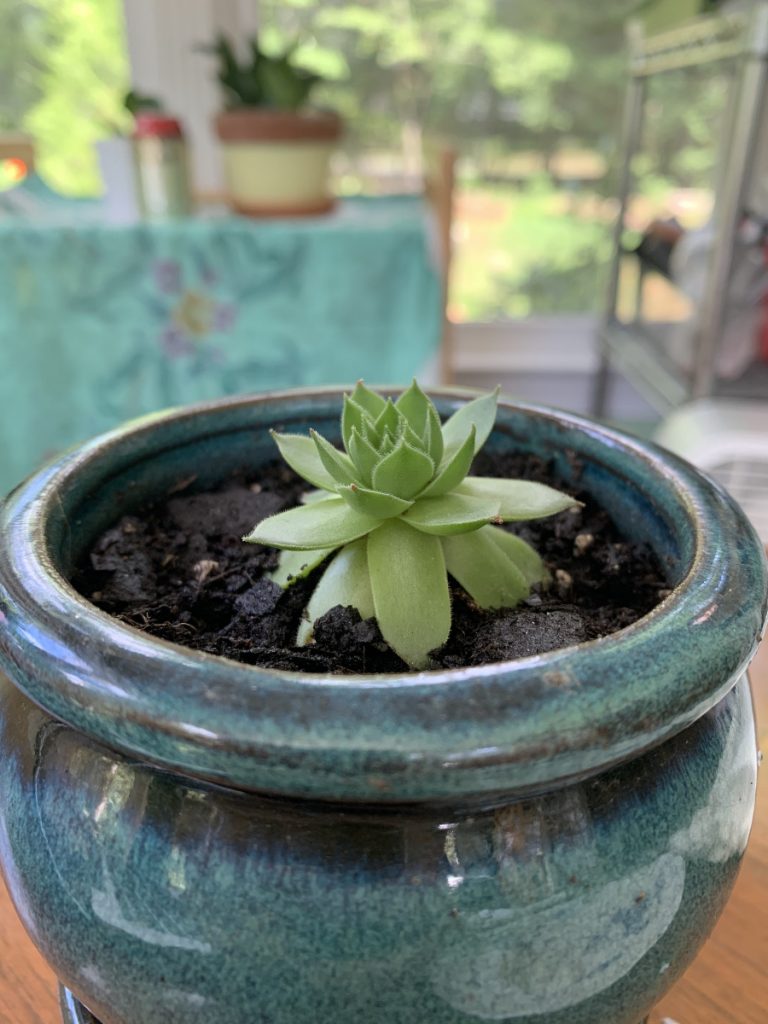What’s art’s connection to mental health?
Art-making allows you to express emotions without words, process feelings, and reduce stress and anxiety. Creating art also boosts self-esteem, promotes inner emotional discoveries, and stimulates the release of dopamine, making you feel happier.
Why eco-art?
Eco Artists draw attention to environmental concerns through creative expression. Painting environmental scenes can relieve stress caused by environmental concerns while highlighting the beauty of the natural world.
Check out some of Middlebury’s environmentally-conscious art on your next walk!
Deborah Fisher’s Solid State Change is at the Hillcrest Environmental Center. Her work was inspired by the geology and topography of Middlebury but constructed from recycled tires and electrical insulation. Fun fact: it was once mistaken for garbage and sent away and the college had to retrieve it from the trash!
Michael Singer’s Garden of the Seasons acts as a spot for study, reflection and refreshment of the senses next to the Davis Family Library.
Find out more about Middlebury’s public art.
Articles
Creativity and Recovery: The Mental Health Benefits of Art Therapy
Nepal to Turn Everest Trash into Art to Highlight How Much Trash There is on Everest
